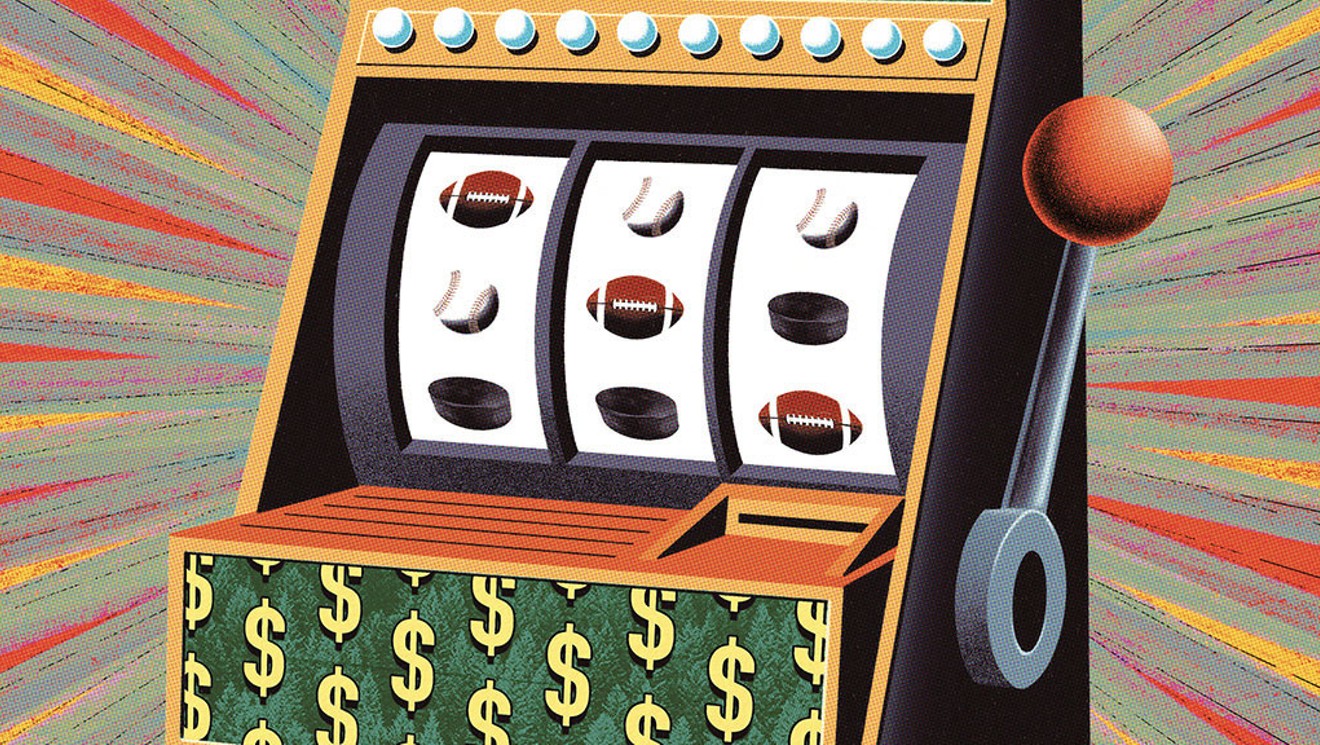


Six months after Vermont launched legalized sports betting, the state has a new website that is intended to help people who have developed gambling problems.
VTGamblingHelp.org invites people to “choose to change your game.” The site, unveiled on Tuesday, offers a live chat function or directs people to call 1-800-GAMBLER for help. Users can also use the website to find information about the signs of problem gambling and treatment options.
Eight people are currently on the list, according to Charles Martin, a spokesperson for the Department of Liquor and Lottery, up from two in March.
“I think any state that’s going to offer a lawful [sports betting] market should have services like this,” Martin told Seven Days. “I don’t know that you can do one without the other, so I think it’s essential.”

‘Seven Days’ Paid Me to Wager Money on Sports, Which Just Became Legal in Vermont. Never Again.
By Derek Brouwer
Politics
Before Vermont passed a legal sports betting law in 2023, a lobbyist told lawmakers that an estimated 11,600 Vermonters were problem gamblers. People must be 21 and over to wager.
It’s unclear how many Vermonters are now considered problem gamblers. When online sports betting launched in January, some 52,000 people used one — or more — of the three virtual gambling services offered in Vermont. By the end of May, there were about 27,700 active users in the state, according to Department of Liquor and Lottery data. Big sporting events, such as the Super Bowl in February and the March Madness college basketball tournament, typically draw more bets.

Online Sports Betting in Vermont Will Start in January
By Anne Wallace Allen
Business
The state receives about one-third of all money the sports books win in Vermont, which amounted to $3.5 million as of the end of June. That tracks with estimates that Vermont would make about $7 million in taxes during the first year of legal sports betting. Liquor and Lottery Department data indicates people in Vermont have wagered around $91 million since January.
State law appropriated $250,000 for the Department of Mental Health to use to establish and administer problem gambling resources; the website is a piece of that. The department also plans to use the money to create and launch media campaigns promoting the gambling helpline, and to build a statewide team of clinicians who can treat people with gambling-related problems.